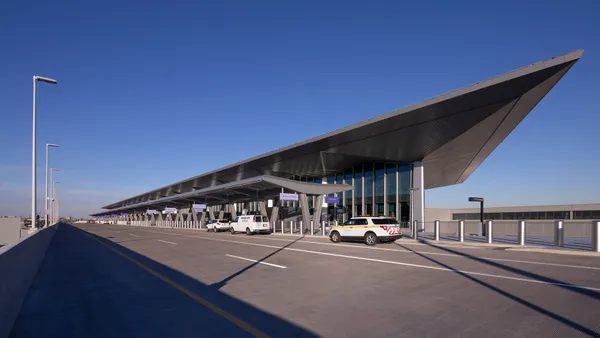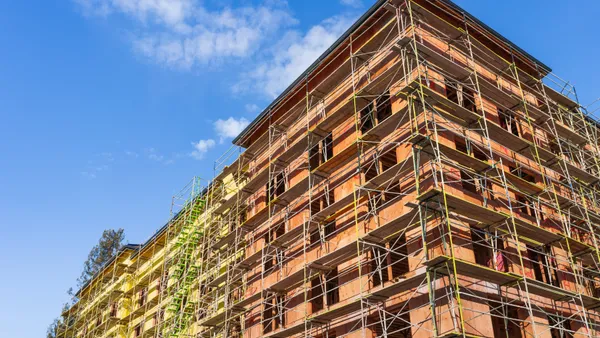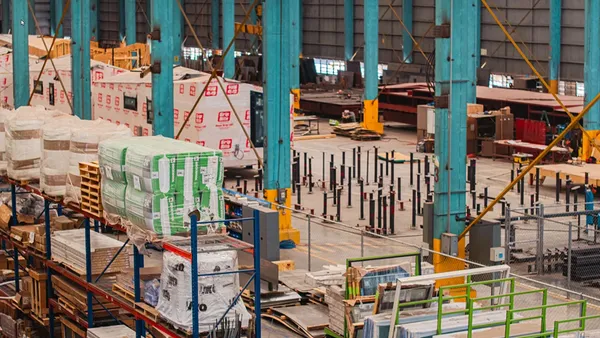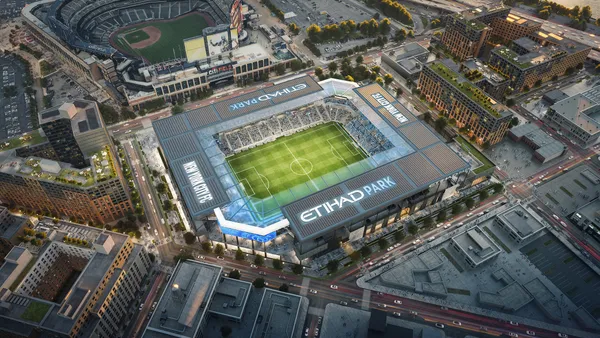Dive Brief:
- According to a recent report from Moody's Investors Services, delays on public-private partnership (P3) construction projects are not rare and do not always mean projects are destined for debt default.
- Moody's researchers studied P3s in the U.S., Canada and Europe and determined that delays in the construction phase are usually related to the public entity – e.g. land and right-of-way acquisitions, force majeure – or contractor, which might encounter holdups because of permitting, weather, supply chain or other factors. Delays early in the schedule are easier to overcome, but those that happen later in the construction process are more difficult to remedy, even with acceleration methods that work for early issues.
- Contractor-related delays have the most potential to create a negative financial impact on the P3 project, Moody's said, if the contractor cannot make the contractual liquidated damage payments, which often are necessary to keep the project moving forward at the original pace. This risk can be mitigated by requiring the contractor to provide liquidity instruments like performance bonds or letters of credit.
Dive Insight:
P3s can experience delays for a variety of reasons before the first shovel hits the dirt. For example, the $5.6 billion Purple Line light-rail P3 was delayed in court almost a year because of a lawsuit brought by activists and those living nearby the planned route in the Washington, D.C., area.
Activists challenged that the original environmental review did not take into consideration declining ridership on the D.C. Metro subway system and that it would affect ridership on the Purple Line. A U.S. district judge agreed and revoked the project's federal and state approval, which sparked a lengthy legal battle, jeopardizing a $900 million grant from the Federal Transit Administration.
Eventually, a federal appeals court judge reinstated the project's federal approval and ruled that construction could begin again. Subsequently, the U.S. Court of Appeals for the D.C. Circuit decided that the original environmental review was sufficient.
While delays during the construction process can sideline P3s, these projects also are susceptible to financial problems during the operations and maintenance phases. Last summer, SH 130 Concession Co. emerged from Chapter 11 bankruptcy with new financing and a new management team after lower-than-expected tolls on a 41-mile stretch of Texas State Highway 130 created financial difficulties for the company.
In June, the Indiana Finance Authority said it was taking over a highway P3 project after the private partner allegedly fell behind schedule and didn't pay subcontractors in a timely manner. The authority said there was $236 million of work left to perform but only $72 million to fund it.













